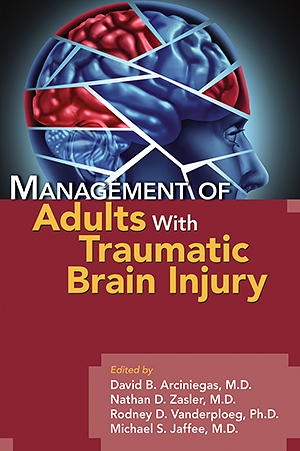Sections
Excerpt
Several types of sensory impairments are associated with traumatic brain injury (TBI). Some of these impairments are the result of injury to the brain, whereas others reflect the effects of cervical trauma, cranial injury, cranial nerve injury, or cranial-adnexal injury—that is, injury to structures in the head but not the brain itself (Hammond and Masel 2007). Adequate differential diagnosis is crucial to establishing the cause of the sensory complaint and, thereby, directing appropriate clinical management.
Access content
To read the fulltext, please use one of the options below to sign in or purchase access.- Personal login
- Institutional Login
- Sign in via OpenAthens
- Register for access
-
Please login/register if you wish to pair your device and check access availability.
Not a subscriber?
PsychiatryOnline subscription options offer access to the DSM-5 library, books, journals, CME, and patient resources. This all-in-one virtual library provides psychiatrists and mental health professionals with key resources for diagnosis, treatment, research, and professional development.
Need more help? PsychiatryOnline Customer Service may be reached by emailing [email protected] or by calling 800-368-5777 (in the U.S.) or 703-907-7322 (outside the U.S.).



